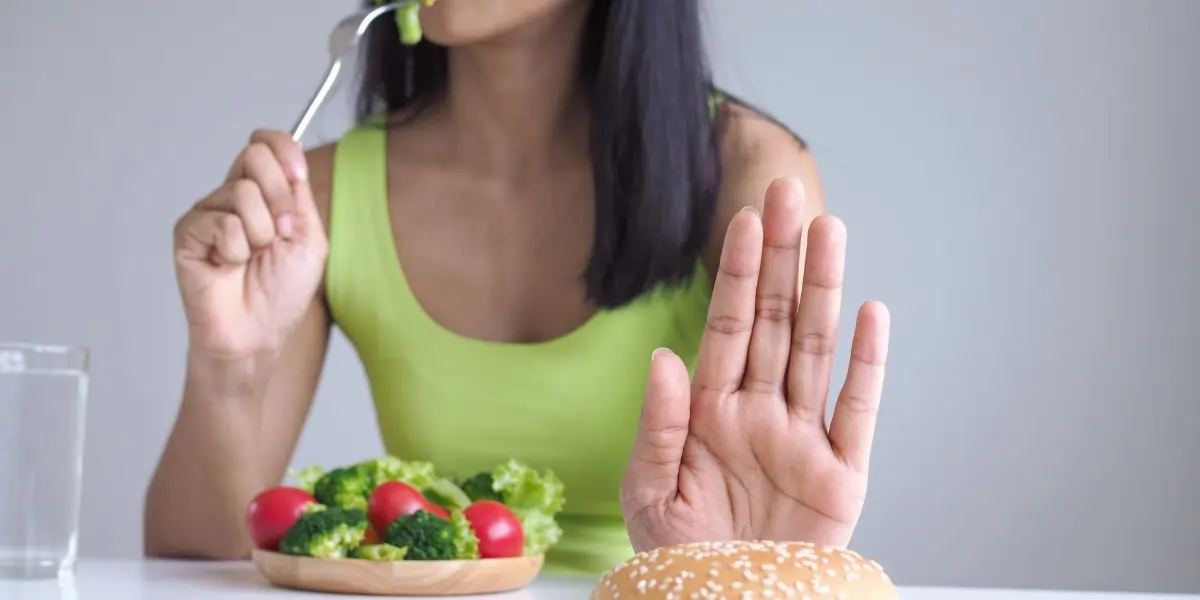
Best Foods to Eat and Avoid If You Have Piles or Fistula
- admin
- 0
- Posted on
Piles (hemorrhoids) and fistula are common anorectal conditions that can cause severe discomfort, pain, and bleeding. While medical treatment may be required in advanced cases, your diet plays a critical role in prevention and symptom management. Eating the right foods can ease bowel movements, reduce inflammation, and speed up recovery, while wrong food choices can worsen constipation and irritation.
In this blog, we’ll cover the best foods to eat, what to avoid, a sample diet plan, and lifestyle tips that can help you manage piles and fistula naturally.
Understanding the Role of Diet in Piles and Fistula
One of the main triggers of piles and fistula is constipation. Straining during bowel movements puts pressure on veins around the rectum, causing swelling and pain. A high-fiber, hydrating, and soothing diet:
- Softens stools
- Prevents straining
- Reduces inflammation
- Promotes healing of the digestive tract
Thus, choosing the right foods is essential for long-term relief and prevention.
Best Foods to Eat for Piles and Fistula Patients
1. Fiber-Rich Foods
Fiber is your best friend when dealing with piles or fistula. It makes stools soft and bulky, helping you pass them without straining.
- Whole grains: Oats, brown rice, quinoa, whole wheat bread, and barley.
- Fruits: Papaya, banana, apple, orange, pear, figs, and berries.
- Vegetables: Carrots, spinach, broccoli, cauliflower, beans, beetroot.
- Legumes: Lentils, chickpeas, kidney beans, black beans.
👉 Aim for 25–35 grams of fiber daily.
2. Hydrating Foods & Fluids
Dehydration worsens constipation. Drinking enough water and including hydrating foods keeps stools soft.
- Water: At least 8–10 glasses daily.
- Fluids: Buttermilk, soups, fresh fruit juices, coconut water.
- High-water fruits: Watermelon, cucumber, muskmelon, and grapes.
3. Gut-Healing & Soothing Foods
Some foods improve gut health and reduce irritation.
- Yogurt & probiotics: Curd, kefir, fermented buttermilk – they maintain healthy gut bacteria.
- Seeds: Flaxseeds, chia seeds – rich in omega-3 and fiber.
- Light meals: Steamed vegetables, khichdi, vegetable soups.
4. Healthy Fats
Good fats lubricate the digestive system, making stool passage easier.
- Nuts & seeds: Almonds, walnuts, sunflower seeds.
- Oils: Olive oil, mustard oil in moderation.
- Avocados: Excellent source of fiber and healthy fat.
Foods to Avoid in Piles and Fistula
1. Constipation-Causing Foods
These foods slow digestion and harden stools.
- Refined flour products: White bread, pasta, pizza, bakery items.
- Processed foods: Instant noodles, chips, burgers, packaged snacks.
- Red meat: Hard to digest and may trigger constipation.
2. Spicy & Oily Foods
Spices and fried foods irritate the rectal lining, worsening pain and swelling.
- Pickles, deep-fried snacks, hot chili foods, street junk.
3. Low-Fiber & Heavy Dairy
- Cheese, cream, butter, and full-fat milk (in excess) slow digestion.
- Ice creams and desserts cause bloating.
4. Dehydrating Drinks
Alcohol, coffee, and carbonated sodas lead to dehydration and worsen constipation.
Sample Diet Plan for Piles and Fistula Patients
Morning (7–8 AM):
- Warm water with lemon or soaked figs/dates.
Breakfast (9 AM):
- Oats with banana & flaxseeds OR vegetable upma with buttermilk.
Mid-Morning Snack (11 AM):
- Papaya or pear + coconut water.
Lunch (1–2 PM):
- Brown rice or chapati, dal, mixed vegetable curry, cucumber salad.
Evening Snack (5 PM):
- Buttermilk with roasted chana OR fresh fruit smoothie.
Dinner (8 PM):
- Vegetable soup, 2 whole wheat chapati, sautéed spinach/broccoli.
Before Bed (10 PM):
- Warm water or herbal tea.
Additional Lifestyle Tips Along with Diet
- Exercise: Walking, yoga (Pavanmuktasana, Vajrasana) improve digestion.
- Avoid sitting for long hours: Take short breaks to relieve pressure.
- Hygiene: Wash anal area with lukewarm water after bowel movements.
- Stress control: Meditation, breathing exercises to reduce strain.
When to See a Doctor
Diet and lifestyle changes provide relief in mild cases, but seek medical attention if you experience:
- Severe or continuous rectal bleeding
- Intense pain or pus discharge (fistula)
- No improvement after weeks of dietary changes
Early diagnosis prevents complications and ensures faster healing.
Conclusion
Piles and fistula can be extremely uncomfortable, but the right diet can make a big difference. Include fiber-rich foods, stay hydrated, eat light, and avoid processed, spicy, and oily foods. Combine these changes with exercise and good hygiene for long-term relief.
If symptoms persist, don’t delay medical consultation. A balanced diet + treatment is the best way to recover.